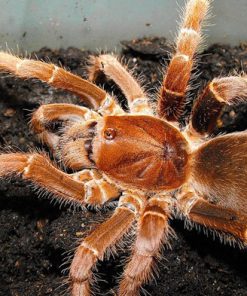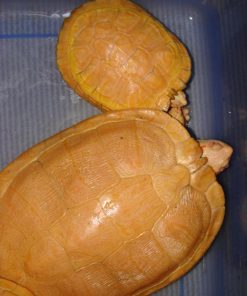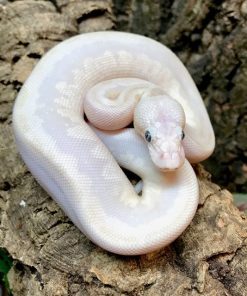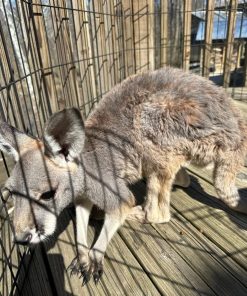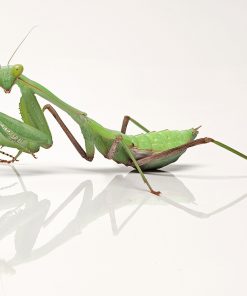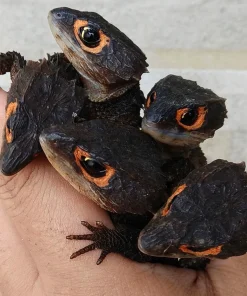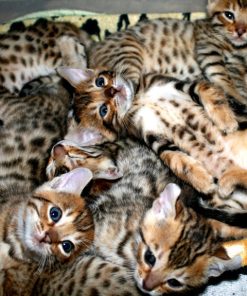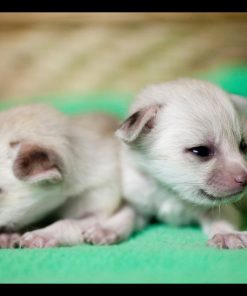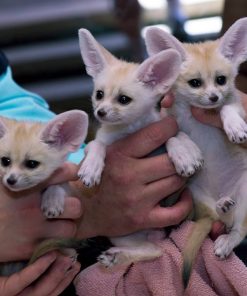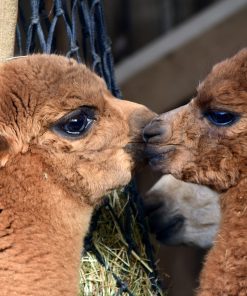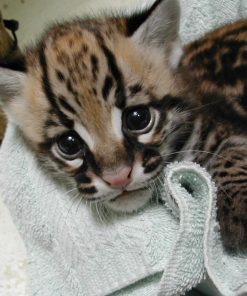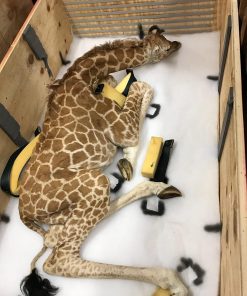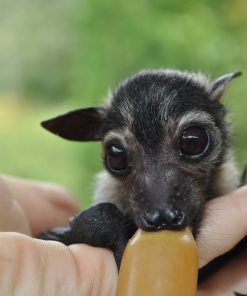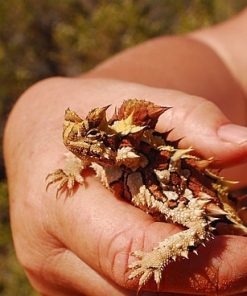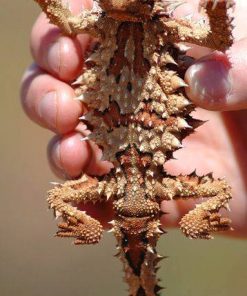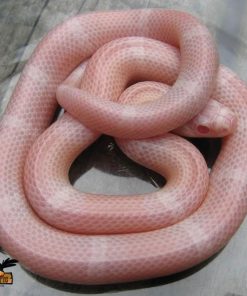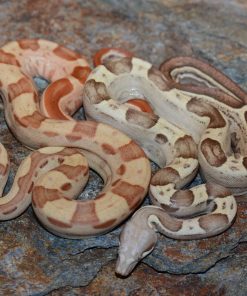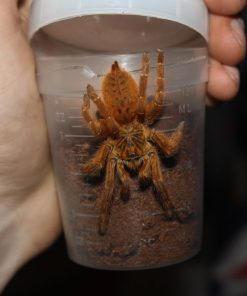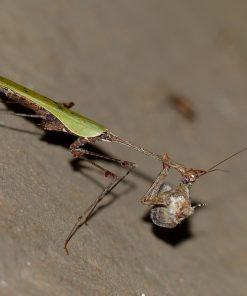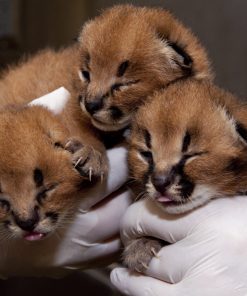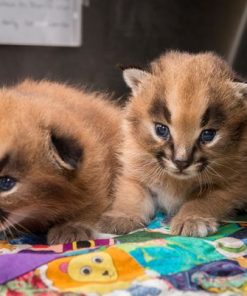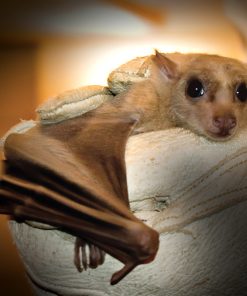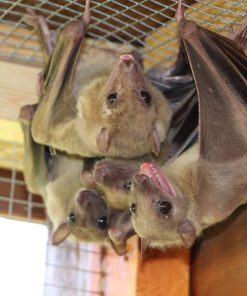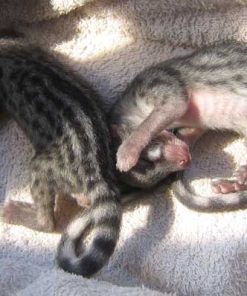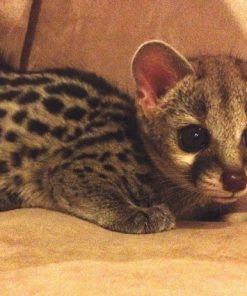Exotic Animals For Sale Online
Welcome to Exotic Animals For Sale Online, your premier destination for wholesale exotic pets.
We offer a diverse range of animals, including snakes, lizards, tarantulas, frogs, hermit crabs, salamanders, scorpions, and other exotic reptiles, arachnids, and amphibians.
Our mission is to provide healthy animals that meet the needs of retail pet stores and reptile outlets.
Search veterinarian in your area.

Why Choose Us?
We understand that your reputation depends on delivering healthy animals to your customers.
You can’t afford to keep buying animals that arrive dead or die shortly after you receive them.
That’s why we take pride in our commitment to quality and care.
What Makes Us Stand Out?
- Wide Selection: We have a vast array of exotic animals sourced from reputable breeders across the globe.
- Quality Assurance: All our animals are guaranteed to arrive alive and in excellent condition.
- Ethical Sourcing: Our animals come from the USA, Australia, EU, South Africa, Tanzania, and Kenya.
Our Animals Categories
Here’s a glimpse of what you can find:
Best Selling Exotic Animals
New Arrival
How to Order
Ordering from us is simple:
- Browse Our Selection: Explore our website to find the perfect animal for your store.
- Add to Cart: Once you’ve made your selection, add it to your cart.
- Checkout: Complete your order by providing shipping information and payment details.
- Receive Your Order: We ship worldwide using FedEx and the U.S. Postal Service.
Live Animal Guarantee
We stand behind our products with a robust live animal guarantee.
All animals are guaranteed to arrive alive upon delivery.
If there are any issues, simply contact us within one hour of delivery for assistance.








